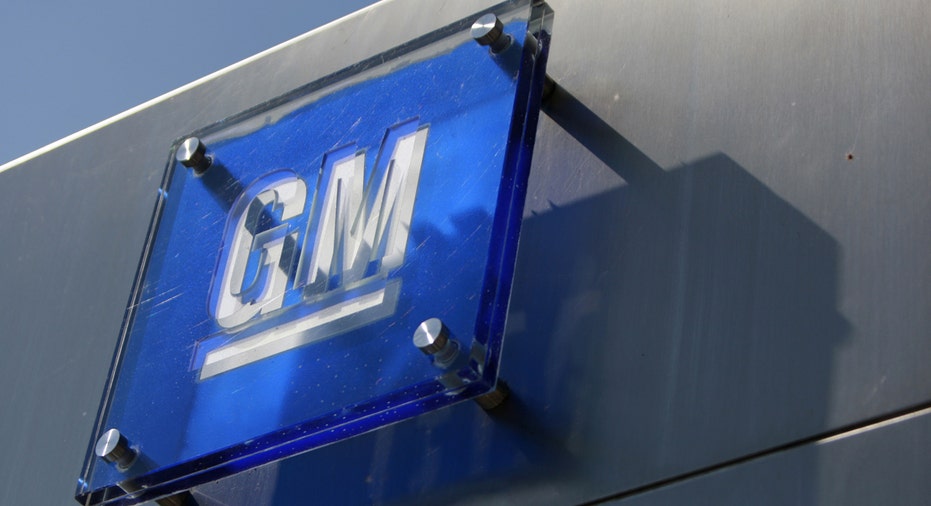GM Settles Last Suits on Switches

General Motors settled the final two ignition-switch cases slated for trial in a New York federal court this year, moving the Detroit auto maker closer to clearing remaining legal hurdles stemming from a safety defect linked to 124 deaths.
The cases were the final two among a half dozen selected for so-called bellwether trials aimed at setting settlement patterns for remaining personal injury and wrongful death suits. The cases arose from roughly 2.6 million older cars GM recalled in early 2014 with faulty ignition switches that risk jostling off and cutting power to engines and safety features including power steering, power brakes and air bags.
GM reached an agreement last week to settle the lawsuits, which alleged injuries tied to the defective ignition switches, said Bob Hilliard, a Texas plaintiffs' lawyer involved in the litigation.
Lawyers are expected to file court papers as soon as this week alerting a judge the cases have been settled, he said. Mr. Hilliard, who declined to reveal the settlement payouts, said GM's willingness to settle "creates momentum" to continue resolving litigation in a sprawling New York legal proceeding culling hundreds of cases brought by thousands of plaintiffs.
"We have an agreement to settle the last two federal bellwether cases scheduled for 2016," said GM spokesman Jim Cain, adding the terms are confidential.
GM has found ignition-switch trials in New York and a separate Texas proceeding this year "extremely helpful," Mr. Cain said. Juries have weighed all evidence and "not just the mistakes GM has already admitted...helping all of the parties achieve their common goal: the fair and timely resolution of lawsuits," he said. The latest two cases were set for trials this month and November, respectively.
They each involved allegations of injuries motorists suffered in crashes that were tied to GM's defective switches and subsequent air-bag failures.
GM previously reached settlements over the safety lapse with the U.S. Justice Department, shareholders and thousands of consumers totaling more than $2 billion.
Included in that total is a $900 million penalty the Detroit auto maker paid about a year ago after admitting to misleading regulators and consumers about the defective switch as part of settling a U.S. criminal case.
A report GM commissioned by former U.S. attorney Anton Valukas found the auto maker failed for more than a decade to recall vehicles with the faulty switch despite internal evidence of a safety problem. Chief Executive Mary Barra dismissed 15 employees, including lawyers and engineers, in the wake of the report and overhauled GM's safety processes.
The latest settlements are part of a so-called multidistrict litigation proceeding consolidating suits in a Manhattan federal court. As part of the proceeding, GM and plaintiffs selected six cases for trials, with the results expected to guide settlement discussions in other lawsuits.
GM still faces another round of bellwether trials next year stemming from safety recalls, including those of vehicles with different ignition switches that can suffer unintended rotations. Other claims remain alleging declining resale values on vehicles due to GM's safety lapse.
In addition, more cases can now proceed against GM after a federal appeals court in July undid a legal shield blocking some suits that preceded the auto maker's 2009 bankruptcy restructuring. GM has asked a full panel of the appeals court's judges to reconsider the decision.
In the first round of trials in the multidistrict litigation proceeding, some cases proved problematic for plaintiffs. The first case was dismissed in January in the midst of trial after GM uncovered evidence suggesting the car owner suing the auto maker had committed fraud. In March, a jury in the second case found the ignition switch didn't cause the crash and declined to award damages. The third case settled, and the fourth was dismissed.
In a separate proceeding in late August, a Texas jury found the GM ignition switch wasn't responsible for a crash that killed one and injured another.
Earlier cases showed evidence the switch led to deadly engine stalls and failing air bags. GM later offered roughly $600 million to victims making claims to a compensation fund the Detroit auto maker established. GM settled a shareholder suit and another roughly 1,380 injury and death claims for another $575 million.
Write to Mike Spector at mike.spector@wsj.com



















